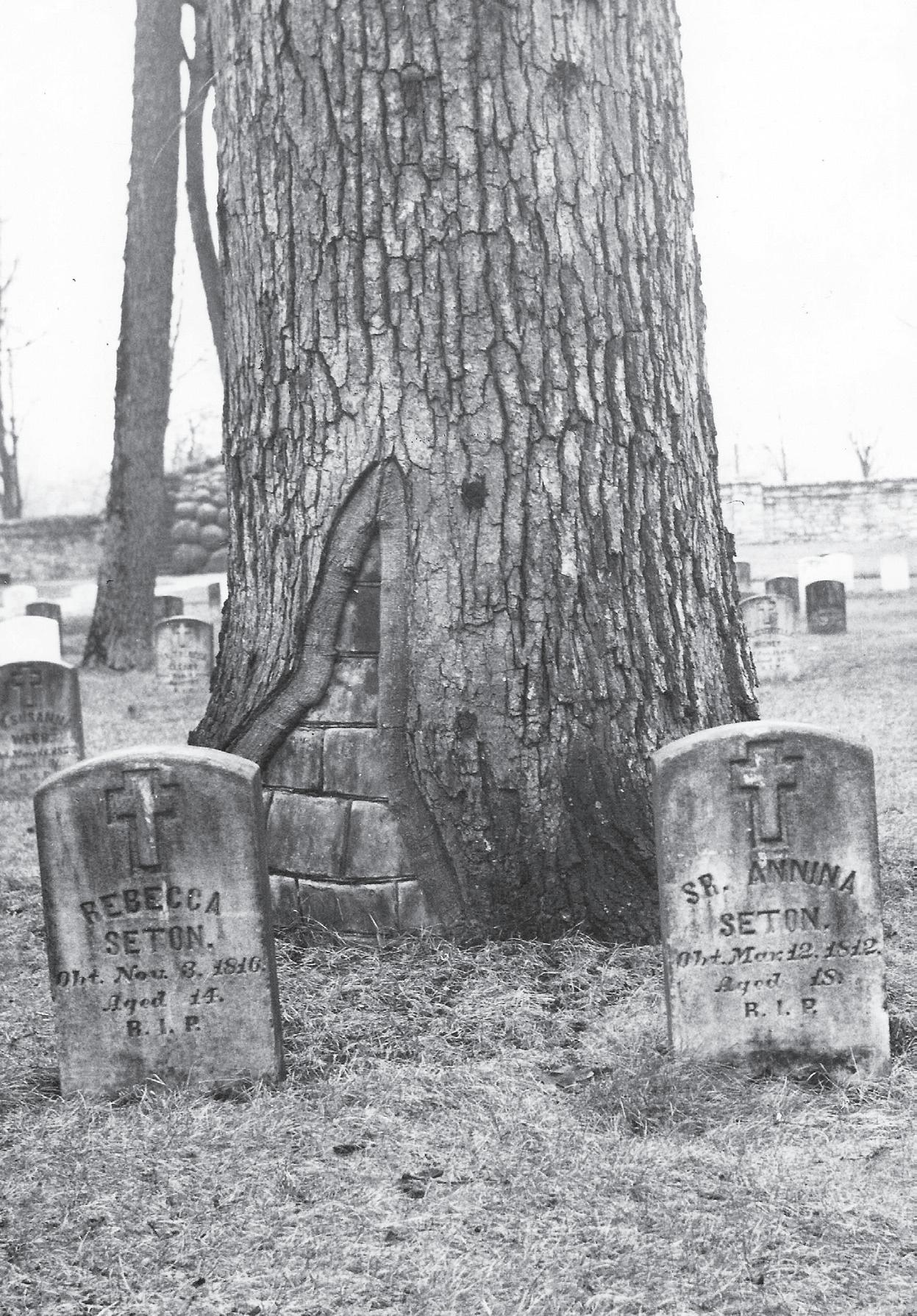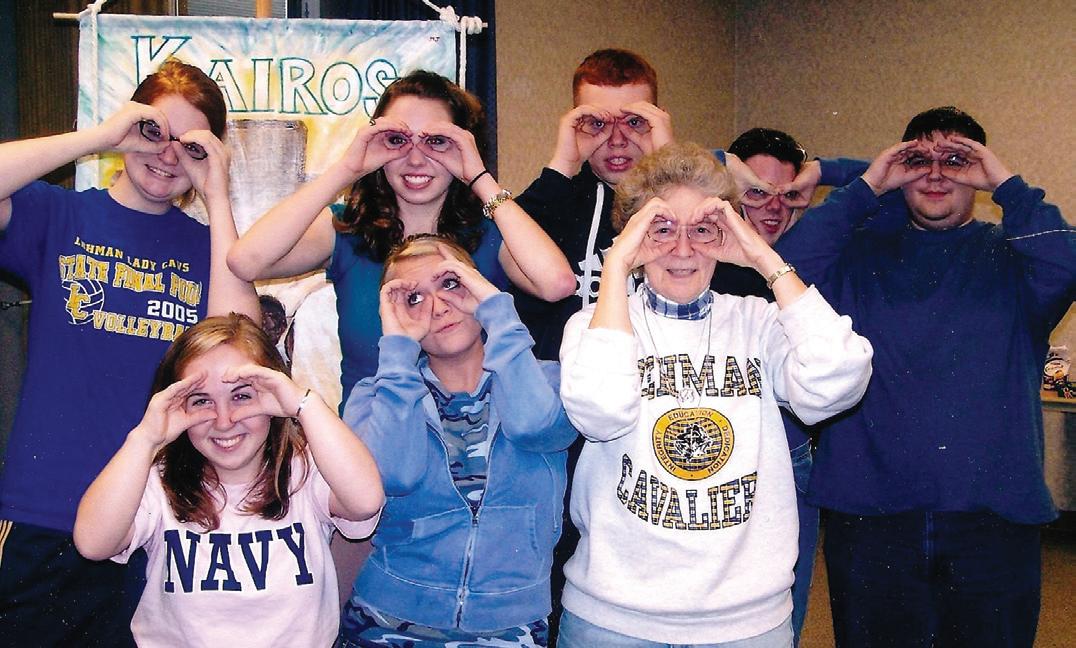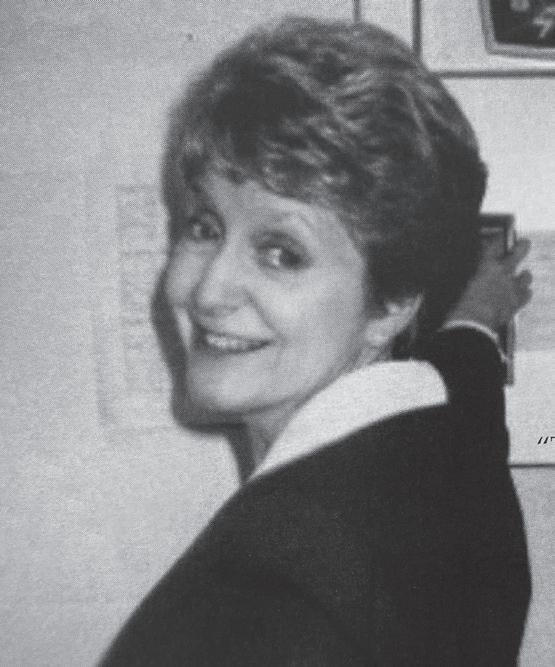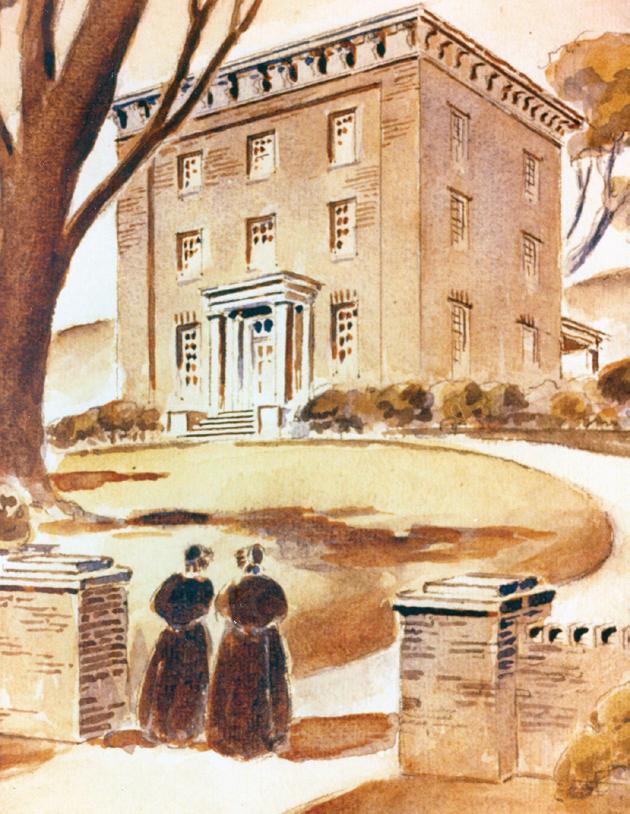Transforming Racisms at
Three Levels of Society By Associate Kay Clifton, Ph.D.
J
esus’ second commandment to ‘love our neighbor as ourselves,’ guides the Community’s racism series and we are learning that loving our neighbor is a lifelong endeavor. Racism, also known as white privilege and white supremacy, is experienced at three levels of social systems: macro, medial/meso and micro. With such analysis we can better understand various racisms and better plan our transformative interactions. The macro level of society is the abstract level of social institutions. For example, when we talk about the religious institution, we refer to all the religious activity in all the denominations as well as religious-like activity that is performed outside organized religion. This is so for other social institutions: economics, political, education, family, health, leisure, legal. Policies are enacted that mostly impact one social institution: for example, voting laws in politics, educational policies in schools, home ownership policies in economics. Loving our neighbor in these macro contexts is displayed as justice, the opposite of racism and white privilege. Transforming racism in our social institutions means changing the laws that structure injustice and unequal opportunity according to color and ethnicity (as well as gender, sexual identity, (dis)abilities, etc.). Our efforts to transform involve understanding the laws that structure injustice and may mostly involve advocacy and voting so that our neighbors have equal opportunities. The medial level of society consists of organizations and groups. We are currently acting through an organization, the Sisters of Charity. We spend most of our lives acting and interacting through organizations. Organizations have long been studied for their efficiency and effectiveness. More relevant for our present purposes, the cultures of organizations have been studied: their shared language, values, norms, attitudes and accompanying actions of members, separately and corporately. We need to challenge ourselves to the uncomfortable examination of the privileged opportunities and naïve understandings that exist in most of our organizations. White privilege in our organizations is often unrecognized by white members but is jarring or slowly wearing on others. White members often feel comforted and affirmed, but others’ identities are questioned and eroded. Our transformative work at this level is more personal and mostly involves learning how to more honestly include our different neighbors. The micro level of society focuses on the face-to-face interactions that occur in both private and public areas. A helpful term, microaggressions, has recently appeared mostly in the popular media. However, it was coined by a Harvard Medical School psychiatrist and studied by psychologists at several universities, including Yale. They identify three types of transgressions. Microassaults are usually conscious and intentional discrimination, such as displaying symbols, using racial terms, avoiding and banning interracial interaction. Microinsults are usually not intentional, may be by omission, yet communicate insensitivity as they demean a person’s history or identity. Microinvalidations also are not intentional, yet nullify a person’s thoughts and feelings. These micro transgressions occur when we see people different from us only for their differences, we see persons as representatives of a category rather than as unique individuals. Health professionals study the negative health impacts on those who receive such transgressions. The consequences for those of us who commit such transgressions is that we miss out on really knowing different individuals, learning their history and culture, and thus enriching our lives with their diversity. Changing our habits is hard, but we are given some guidelines: actively listen and be empathic; accept their feelings; avoid defensiveness; take responsibility for our underlying lack of awareness; take steps to learn and change. Transforming the world means transforming ourselves and here it involves better knowing our neighbors. V o lume I , 2 0 2 1
Intercom is the official magazine of the Sisters of Charity of Cincinnati. This apostolic Catholic women’s religious community exists to carry out the Gospel of Jesus Christ through service and prayer in the world. Approximately 225 Sisters are joined in their mission by 204 Associates (lay women and men). Sisters, using their professional talents as ministers of education, health care, social services and environmental justice, live and minister in 17 U.S. dioceses and in two foreign countries. They also sponsor institutions to address education, health care and social service needs, with particular concern for direct service to the poor.
Intercom Staff Editor Erin Reder Graphic Design/Layout Michelle Bley Director of Communications S. Georgia Kitt Executive Council Liaison S. Monica Gundler Advisory Board Members: Veronica Buchanan S. Mary Ann Flannery S. Tracy Kemme S. Joyce Richter Debbie Weber Vicki Welsh Letters to the editor, articles and photos are welcome. The staff reserves the right to edit for space and readability. Make submissions to: Communications Office 5900 Delhi Road Mount St. Joseph, OH 45051 Phone: 513-347-5447 Fax: 513-347-5467 Email: erin.reder@srcharitycinti.org Subscriptions: $15 per year
5900 Delhi Road Mount Saint Joseph, OH 45051 www.srcharitycinti.org www.facebook.com/ sistersofcharityofcincinnati 27










